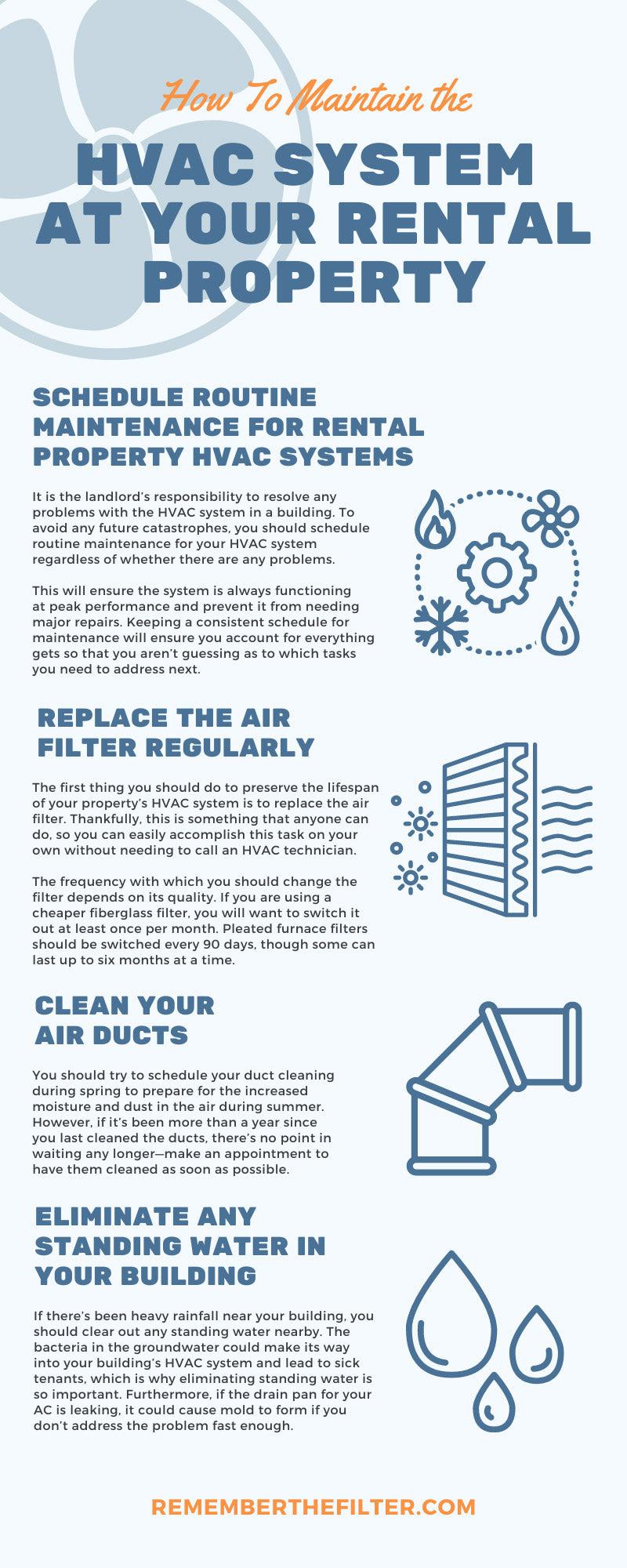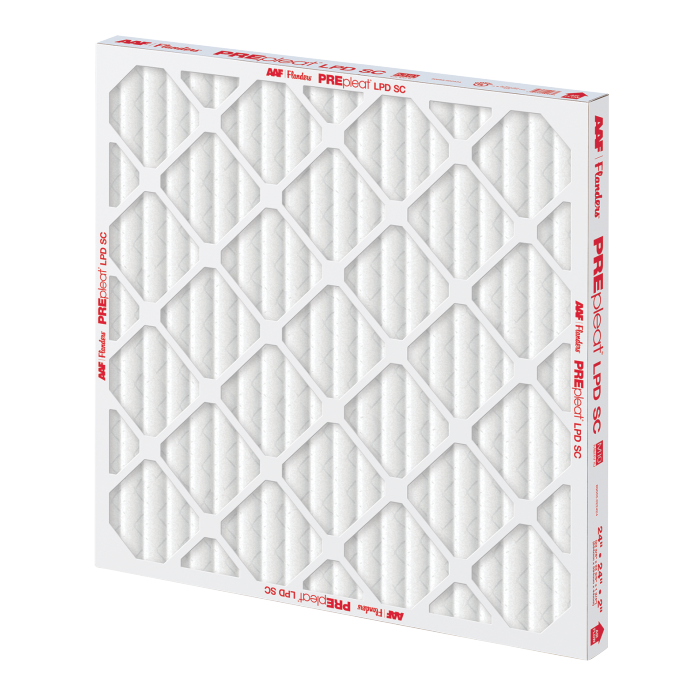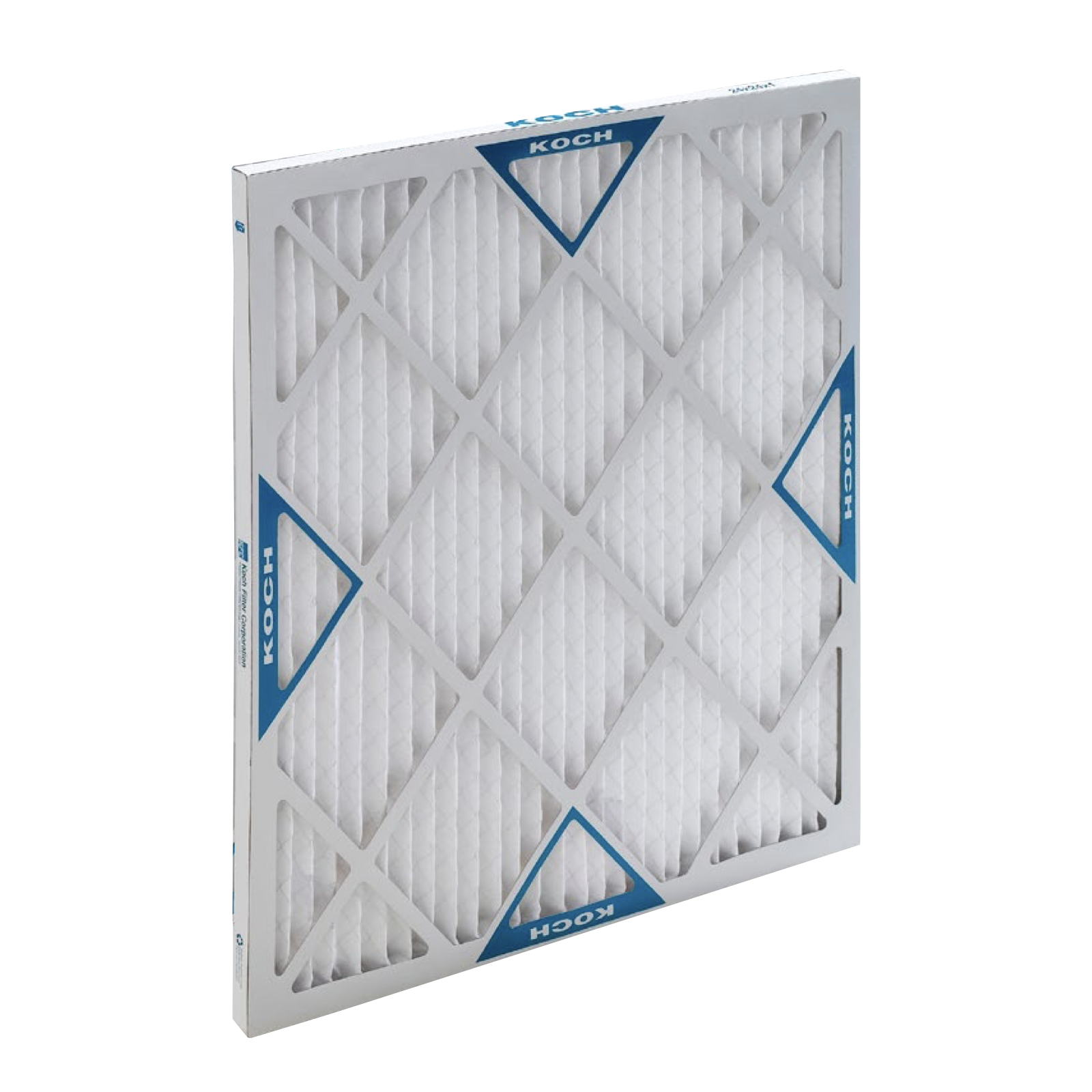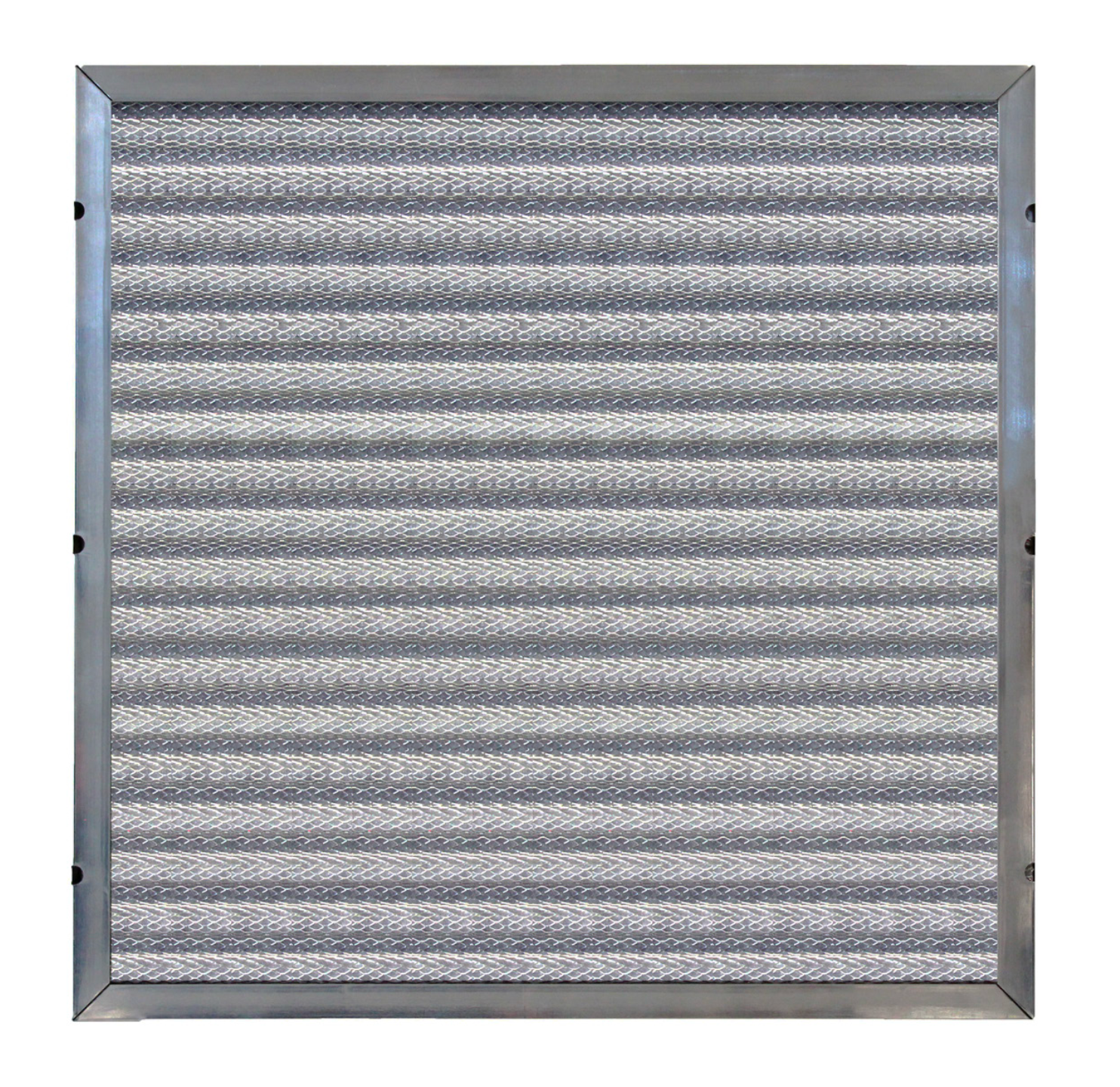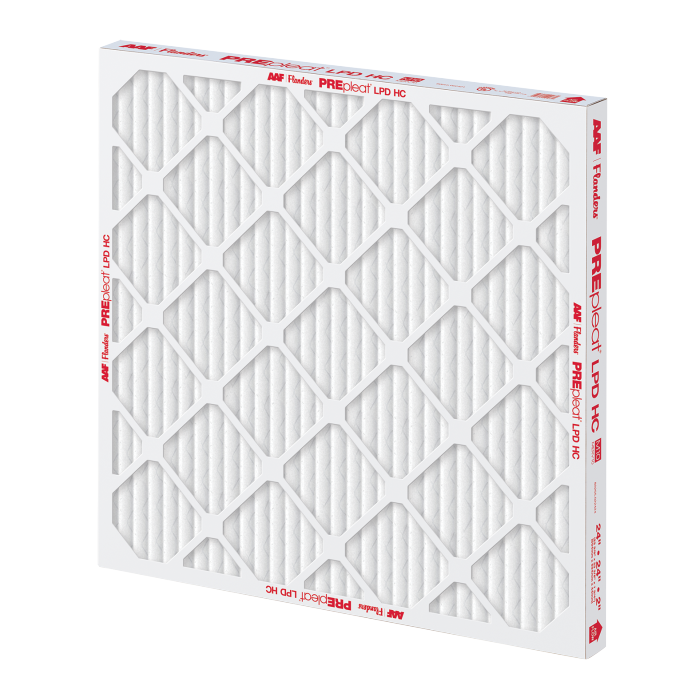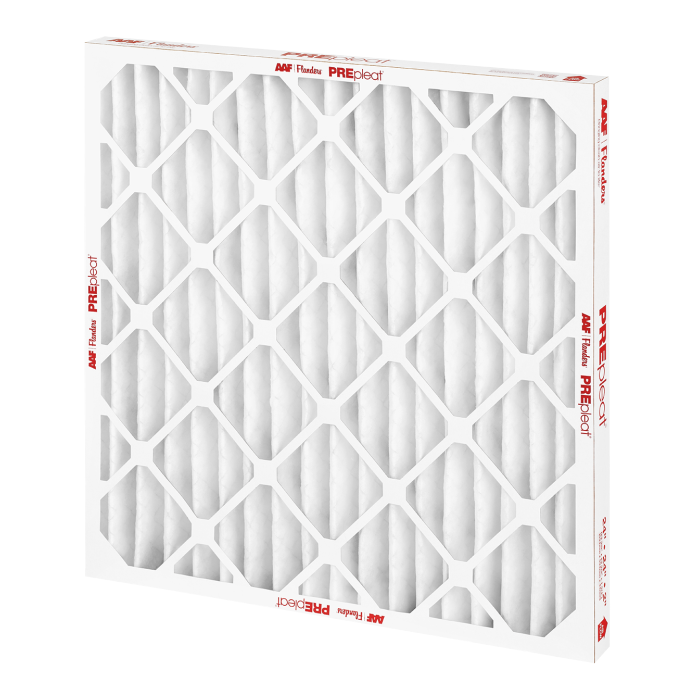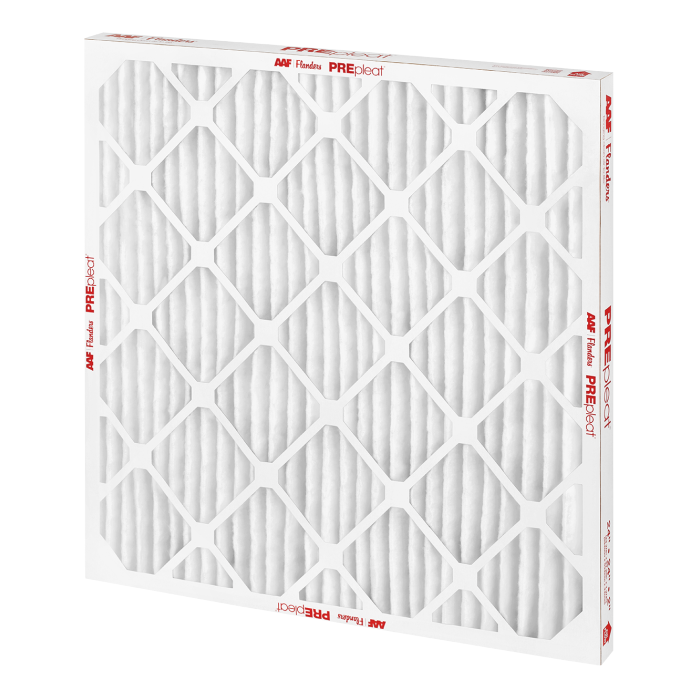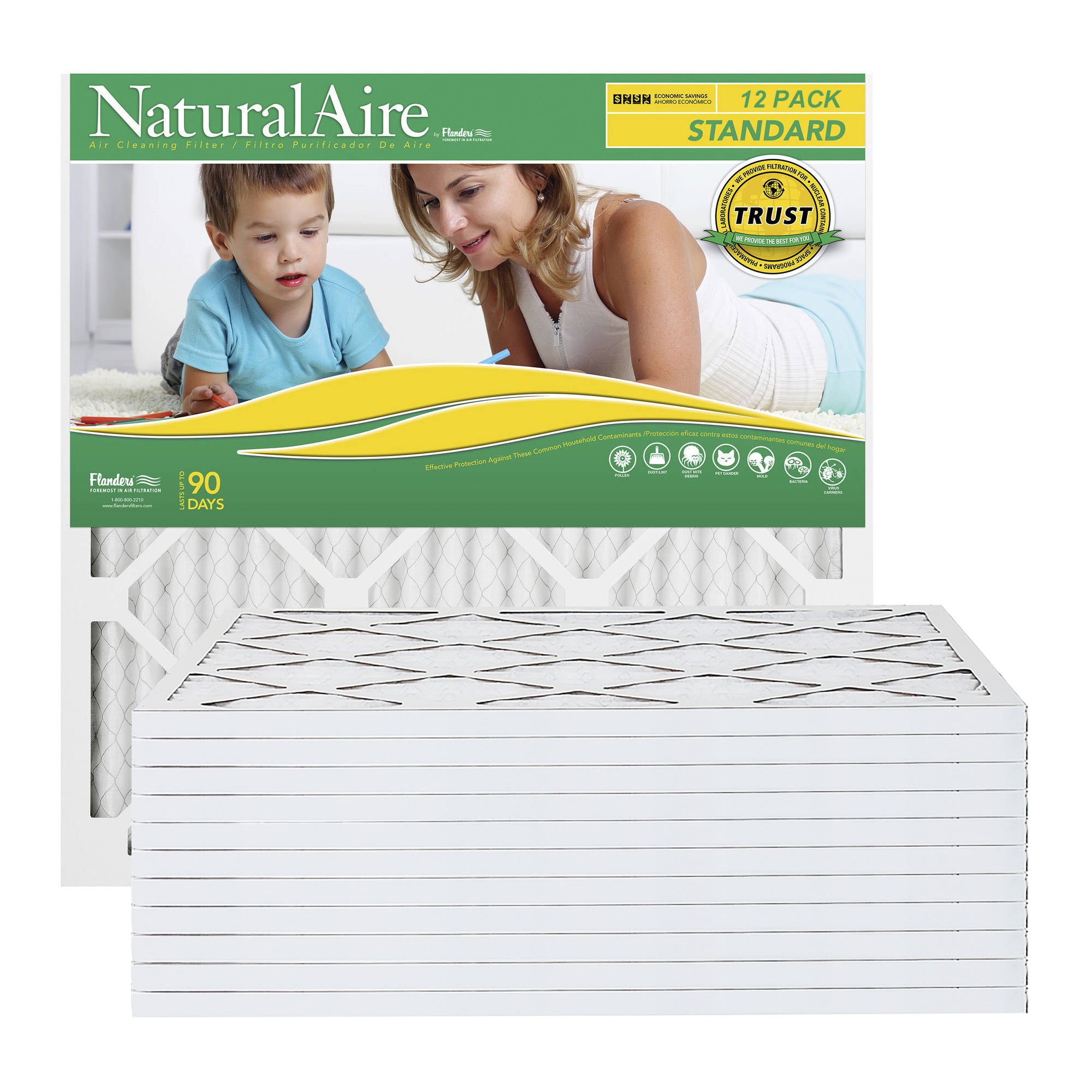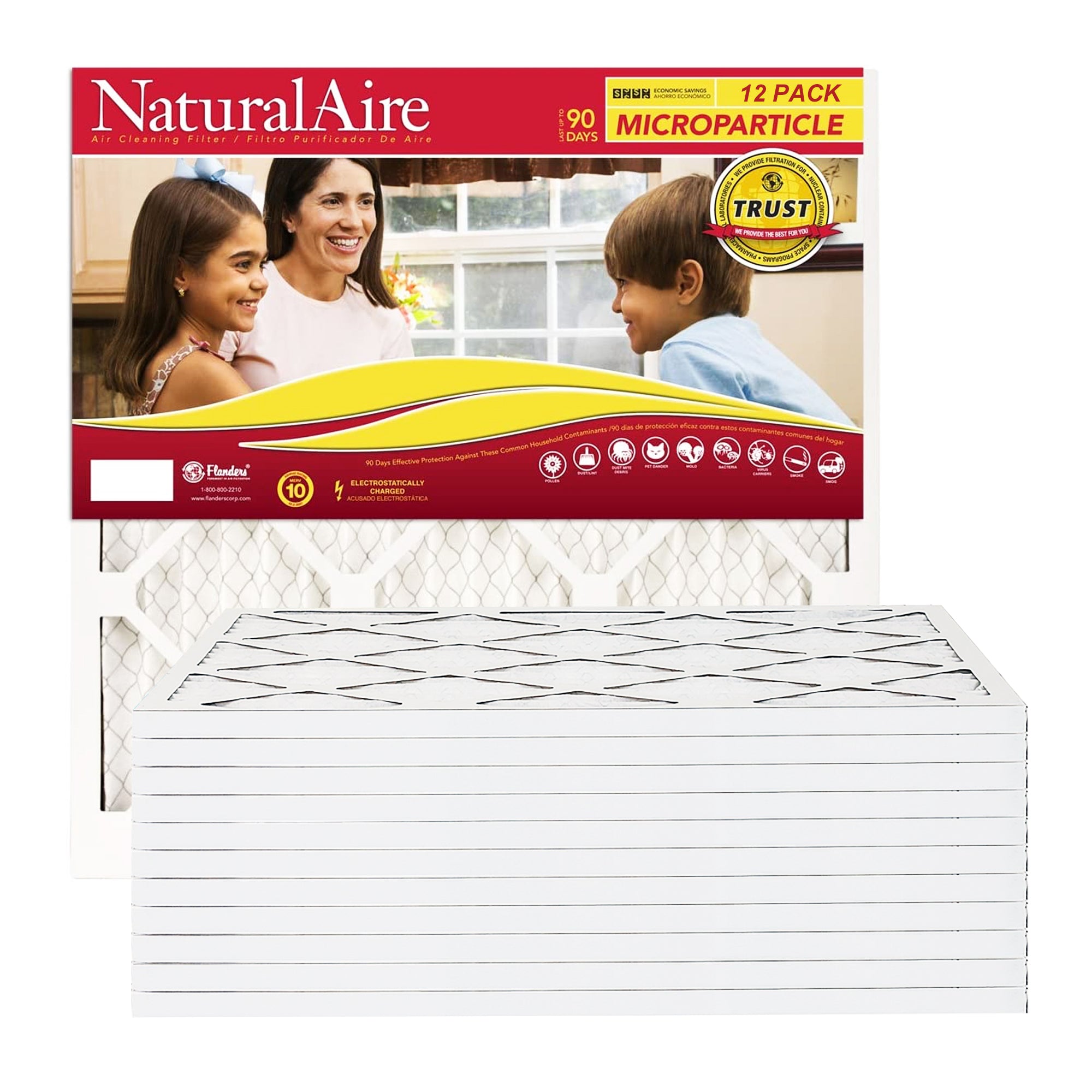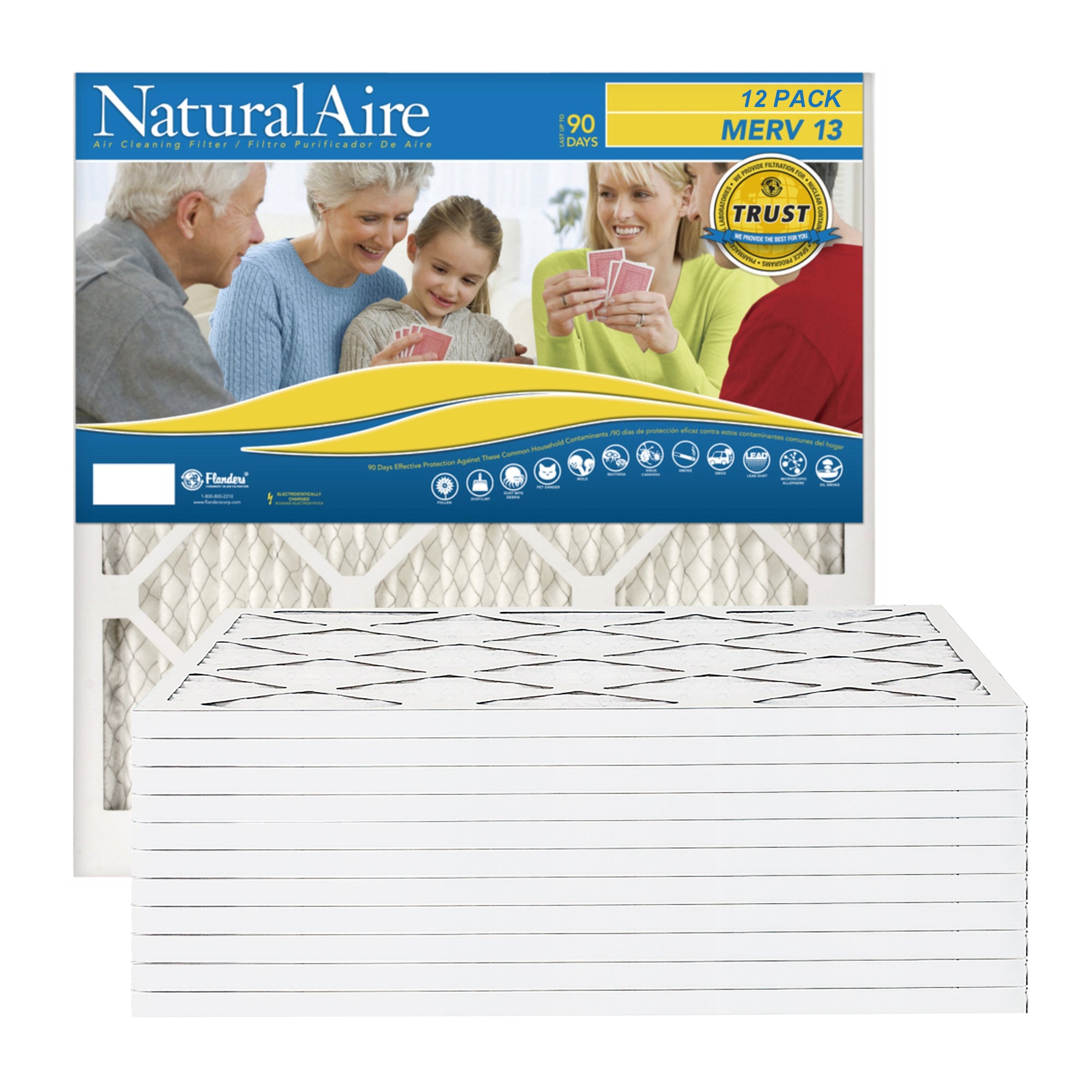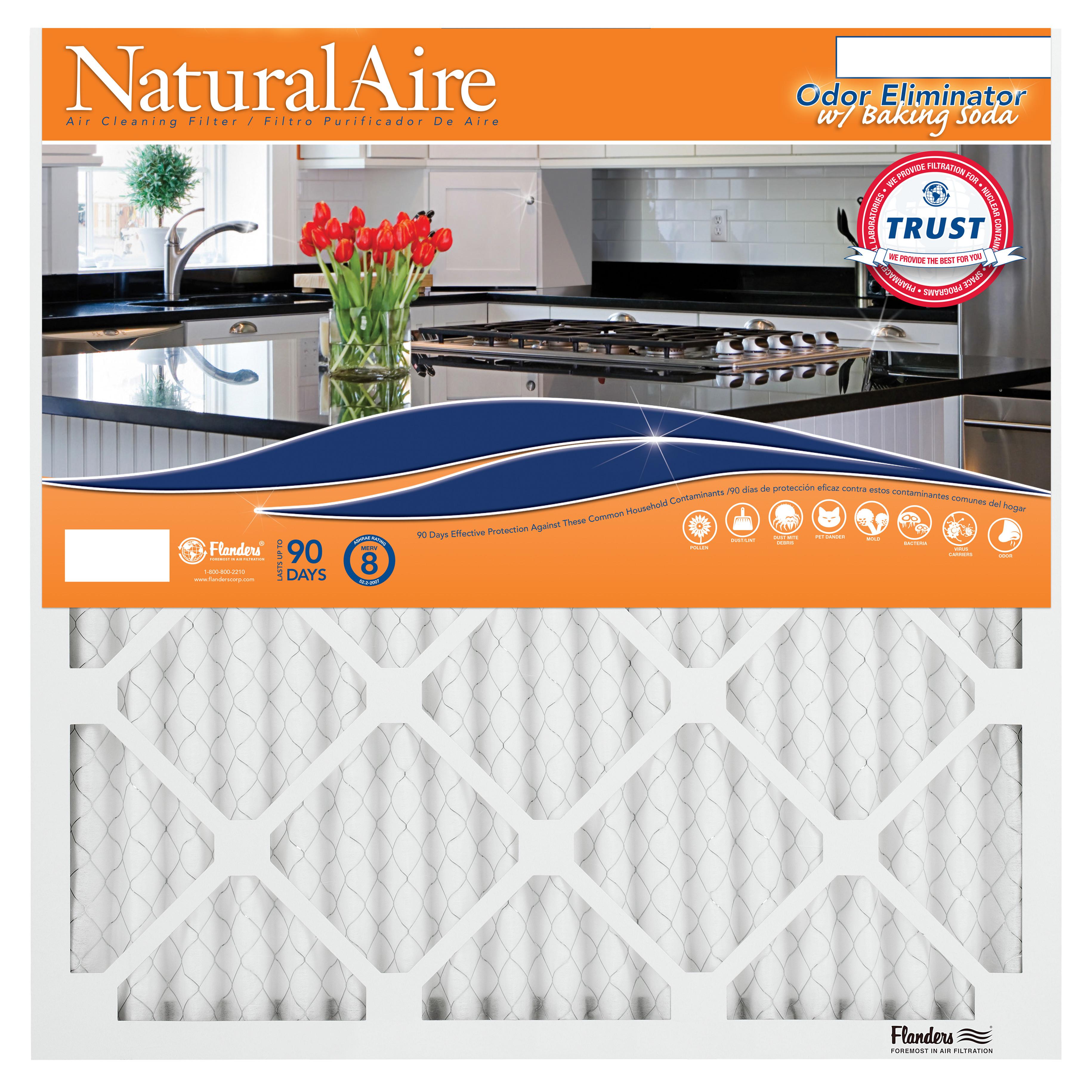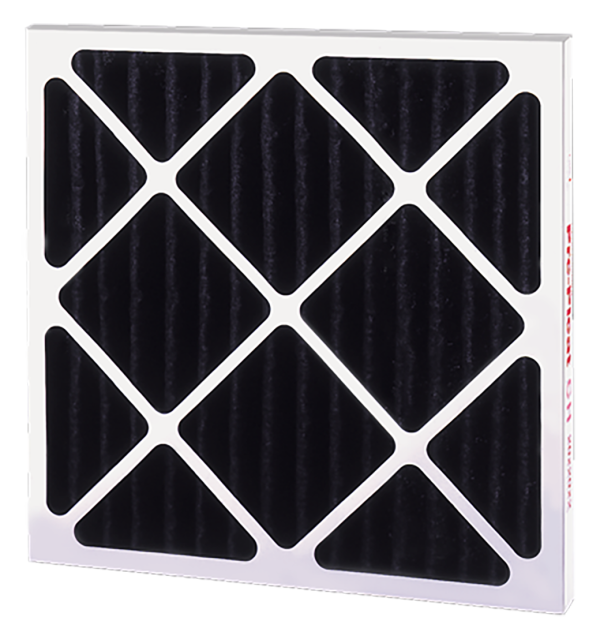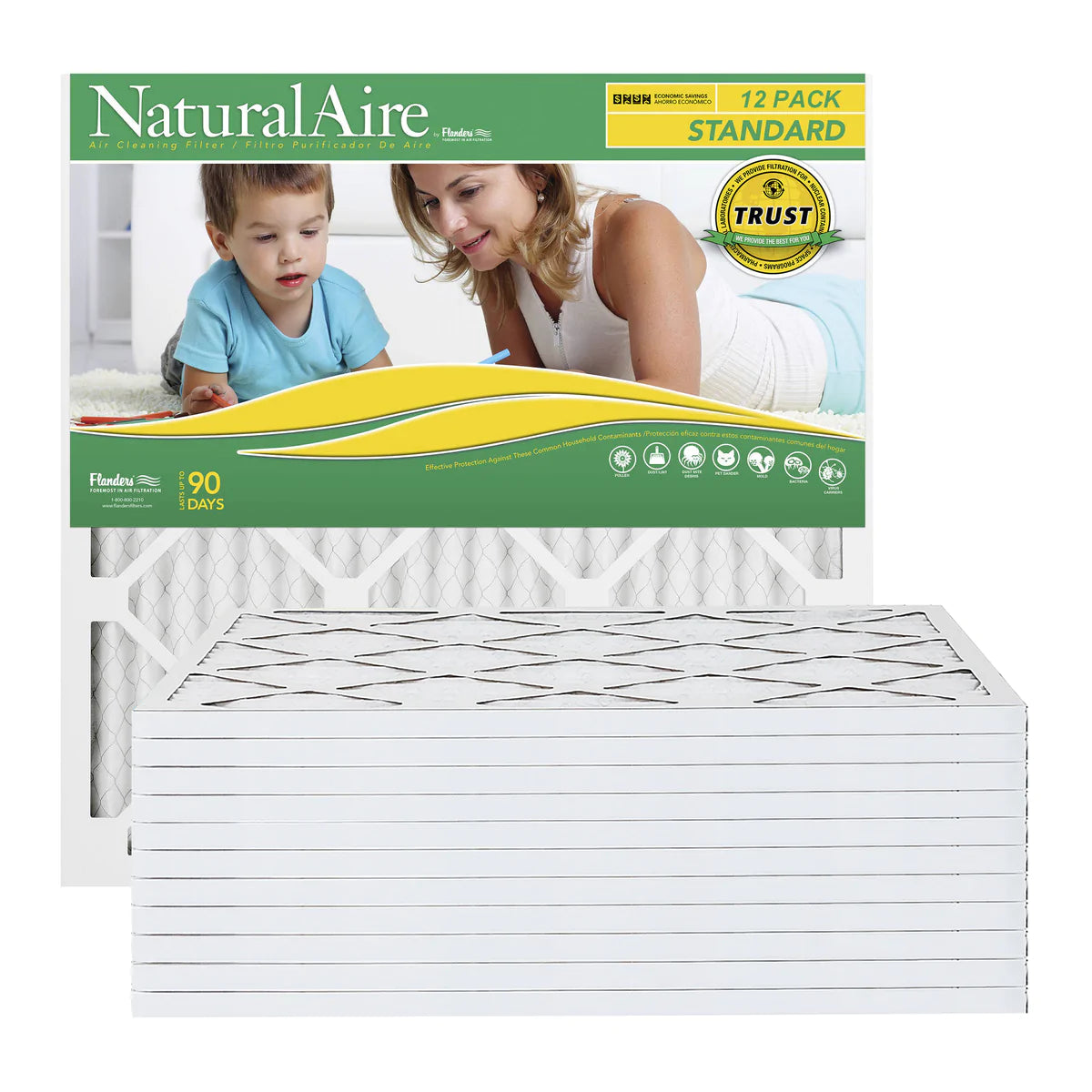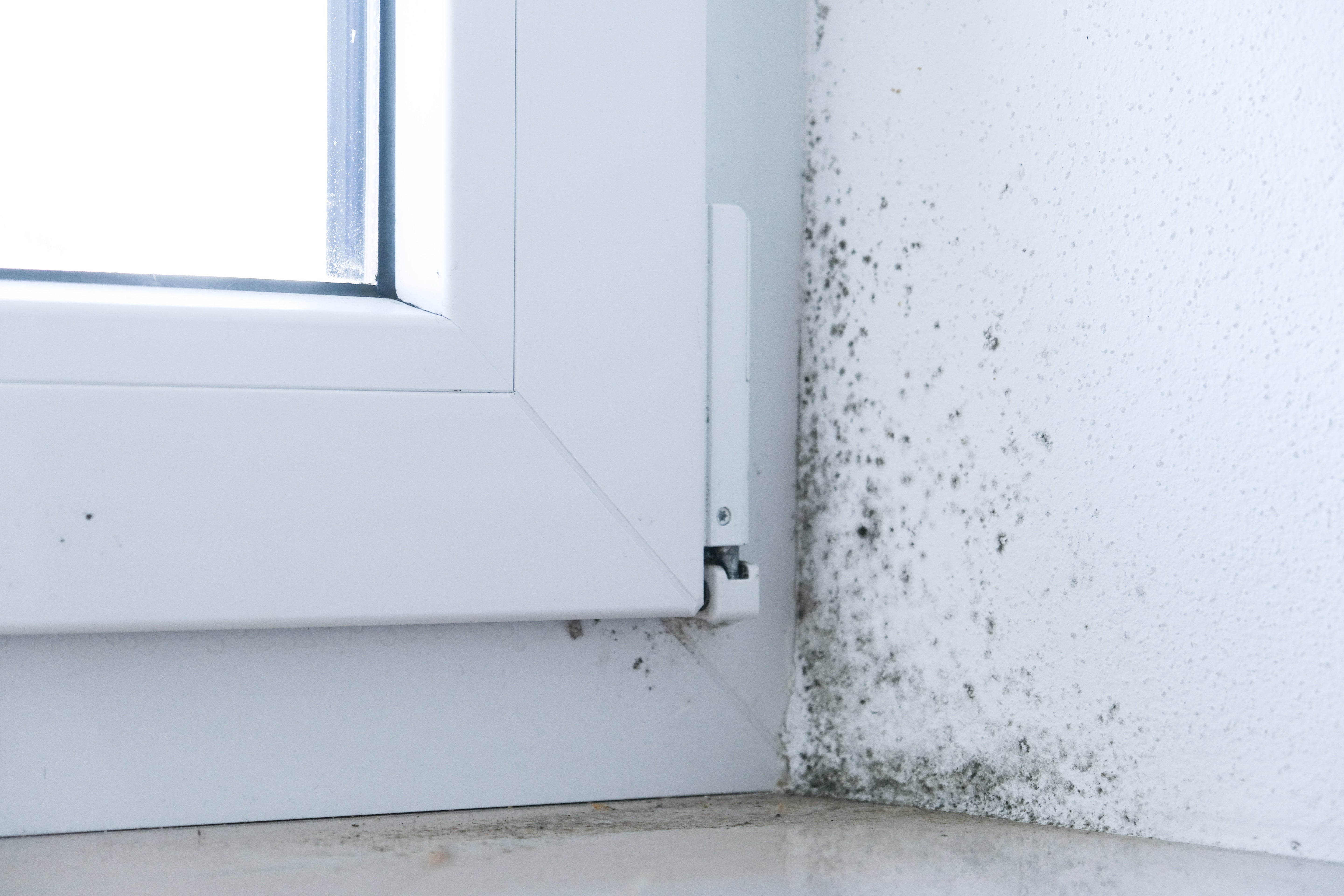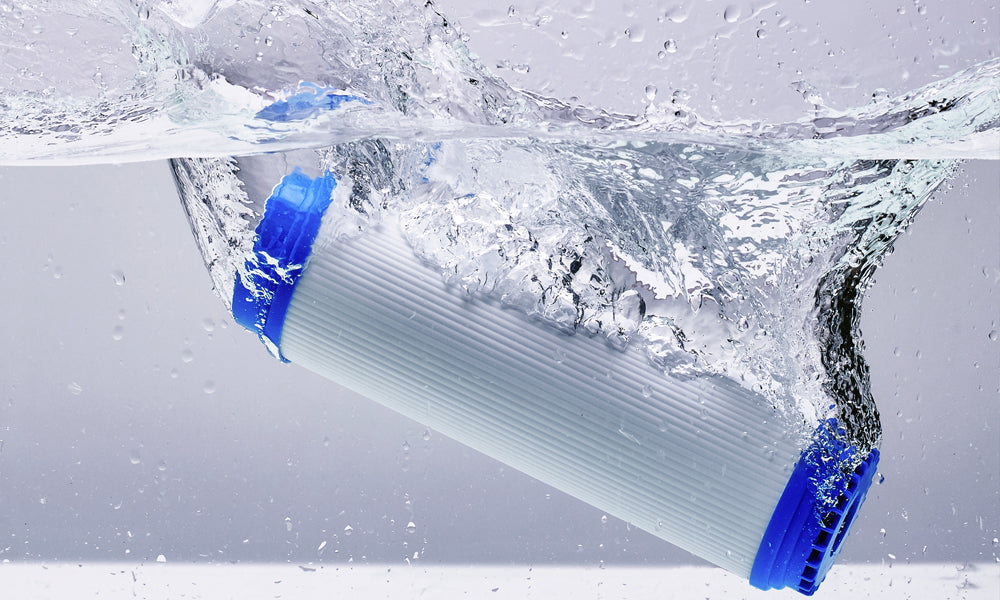Whether you own a rental property or work as a property manager, keeping your units occupied and your tenants happy is your responsibility. Every property requires some form of maintenance throughout the year, which is why you will want to get started sooner rather than later so that you don’t have to make repairs when it’s snowing outside.
For this reason, summer is an ideal season to schedule routine maintenance for your property, such as painting, making repairs, and servicing the HVAC system on your property. When it comes to servicing your HVAC system, staying on top of things can save you from some major headaches down the line.
If you put in the extra effort to maintain the building’s HVAC system, your tenants will thank you for it. Here is a guide on how to maintain the HVAC system at your rental property.
Understand the Legal Requirements Related to HVAC Systems for Rental Properties
Depending on the state you operate in, there will be different laws related to what you are required to maintain as a landlord. Most states require landlords to provide heat in order to ensure units are habitable and safe to live in during winter.
Providing adequate heating and cooling systems in your building should be a priority regardless of whether you are required by law to do so. This will also help you attract better tenants who will keep your unit in good shape, pay rent on time, and lease your unit for the long term.
Schedule Routine Maintenance for Rental Property HVAC Systems
It is the landlord’s responsibility to resolve any problems with the HVAC system in a building. To avoid any future catastrophes, you should schedule routine maintenance for your HVAC system regardless of whether there are any problems.
This will ensure the system is always functioning at peak performance and prevent it from needing major repairs. Keeping a consistent schedule for maintenance will ensure you account for everything gets so that you aren’t guessing as to which tasks you need to address next.
Replace the Air Filter Regularly
The first thing you should do to preserve the lifespan of your property’s HVAC system is to replace the air filter. Thankfully, this is something that anyone can do, so you can easily accomplish this task on your own without needing to call an HVAC technician.
The frequency with which you should change the filter depends on its quality. If you are using a cheaper fiberglass filter, you will want to switch it out at least once per month. Pleated furnace filters should be switched every 90 days, though some can last up to six months at a time.
But you won’t want to wait that long because plenty of dirt, dust, and other materials will build up on the filter and increase the chances of one of your tenants getting sick. If you are shopping for air conditioning filters online, you will notice that some of them are reusable.
This means that instead of throwing it away, you can keep using the same filter as long as you clean it thoroughly. Replaceable filters are often more effective at catching smaller particles, but reusable filters are more cost-effective in the long term and better for the environment.
Inspect the Belts and Bearings of Your HVAC System
Anything that relies on mechanical parts will wear down over time due to friction. This remains true for your HVAC system, so you should have an HVAC technician inspect your system’s belts and bearings every three months. Making sure your bearings are lubricated properly will prevent the components of your HVAC system from grinding against each other and breaking down.
Clean Your Air Ducts
Since the air in your HVAC system travels throughout the property via air ducts, you should clean them out thoroughly once per year. An annual air duct cleaning will ensure that your tenants are breathing high-quality air at all times and will keep your system in proper working order.
You should try to schedule your duct cleaning during spring to prepare for the increased moisture and dust in the air during summer. However, if it’s been more than a year since you last cleaned the ducts, there’s no point in waiting any longer—make an appointment to have them cleaned as soon as possible.
Eliminate Any Standing Water in Your Building
If there’s been heavy rainfall near your building, you should clear out any standing water nearby. The bacteria in the groundwater could make its way into your building’s HVAC system and lead to sick tenants, which is why eliminating standing water is so important. Furthermore, if the drain pan for your AC is leaking, it could cause mold to form if you don’t address the problem fast enough.
Increase the Lifespan of Your Property’s HVAC System
As a property manager, you’re always trying to keep expenses low. Consequently, replacing essential machinery such as your building’s HVAC system can be quite costly, so extending the life of your system should be a priority.
If you follow the tips you’ve learned in this piece, you should expect the HVAC system in your property to last for 15 to 20 years. HVAC systems are one of the most expensive things to replace in a rental unit; building a relationship with a trustworthy HVAC technician will help preserve your unit.
Other HVAC Responsibilities for Landlords
There are other tasks indirectly related to your HVAC system that you will need to complete as a landlord, such as changing the battery in the thermostat. This is an especially important activity if you cover the gas bill for the building. A faulty thermostat could expend much more gas than necessary. You will also want to seal up any gaps or drafts on the property, as doing so will lower utility costs.
Overall, being a property manager or owner comes with its perks, but it also comes with many responsibilities. Now that you know how to maintain the HVAC system at your rental property, you can make the necessary changes to ensure functional units for your tenants.
